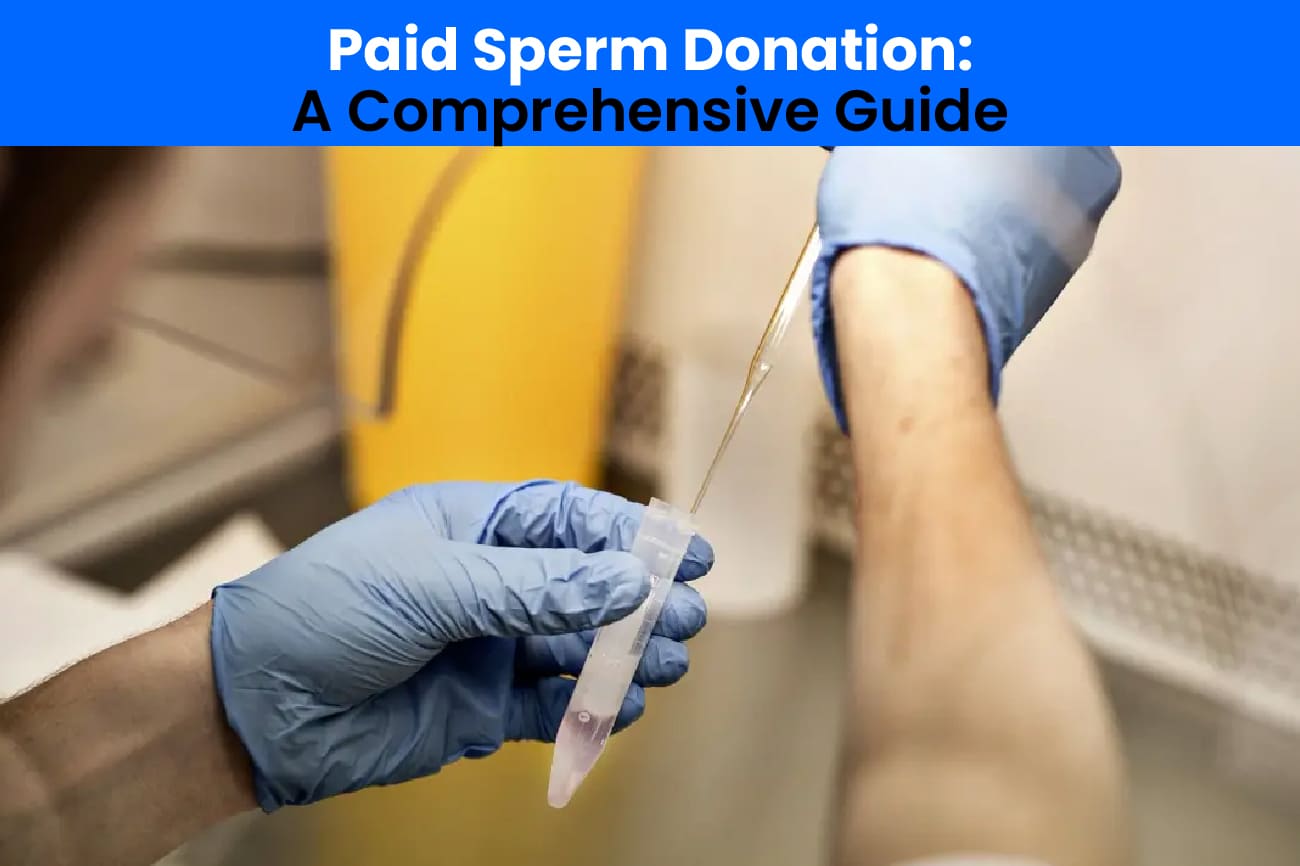
Paid Sperm Donation: A Comprehensive Guide
Paid sperm donation offers individuals the opportunity to contribute to the dreams of others while earning financial compensation. With advancements in reproductive technology, sperm donation has become a vital service for individuals and couples facing fertility challenges, as well as single parents by choice and LGBTQ+ families. In this blog, we will explore the process, benefits, and considerations of becoming a paid sperm donor, offering a well-rounded understanding of the topic.
-
What is Paid Sperm Donation?
Sperm donation involves providing semen to a sperm bank or fertility clinic for use in assisted reproductive technologies (ART) like in vitro fertilization (IVF) or intrauterine insemination (IUI). People choose this option for a variety of reasons, including fertility issues, same-sex couples or single individuals starting a family, or medical reasons such as avoiding genetic conditions that could pass on through natural conception.
-
Eligibility Criteria for Sperm Donors
To ensure the health and genetic quality of donated sperm, donors must meet strict criteria. Common requirements include:
-
Age Range: Most sperm banks accept donors between 18 and 39 (or 34) years old.
-
Health Screenings: Donors undergo rigorous physical exams, genetic testing, and infectious disease screenings.
-
Lifestyle Considerations: Non-smoking, moderate alcohol use and a healthy BMI are often prerequisites.
-
Commitment: Donors must be willing to commit to regular donations over several months.
-
-
The Process of Sperm Donation
Sperm donation is a straightforward process that helps individuals and couples achieve their dreams of starting a family.
-
Application and Screening: Prospective donors complete an application and undergo medical and psychological assessments.
-
Sample Collection: Accepted donors provide semen samples in a sterile, private setting at the sperm bank.
-
Compensation: Payments are typically provided after each donation or upon meeting contractual obligations.
-
Quarantine and Testing: Donated sperm is quarantined for six months to ensure donor health and safety before use.
-
-
Benefits of Paid Sperm Donation
Here are the advantages of becoming a paid sperm donor and how it can make a difference in others' lives while benefiting you as well:
-
Financial Compensation: Sperm banks or fertility clinics reward donors for their time and effort, with payments varying by location and policy.
-
Helping Others: Donation enables individuals and families to fulfill their dreams of parenthood.
-
Health Insights: The medical screening process gives donors a detailed understanding of their genetic and physical health.
-
-
Is Paid Sperm Donation Right for You?
Becoming a sperm donor requires thoughtful consideration. You must evaluate your comfort with the donation process, the level of commitment involved, and the possibility of future contact with offspring. While it offers a meaningful opportunity to make a positive impact and earn compensation, it’s a choice that deserves careful reflection.
Paid sperm donation is a mutually beneficial process that supports reproductive goals while offering financial and personal rewards to donors. By understanding the responsibilities and considerations involved, prospective donors can make informed choices that align with their values and goals. So, if you're considering becoming a sperm donor, take the time to educate yourself and make an impact that can change lives.
